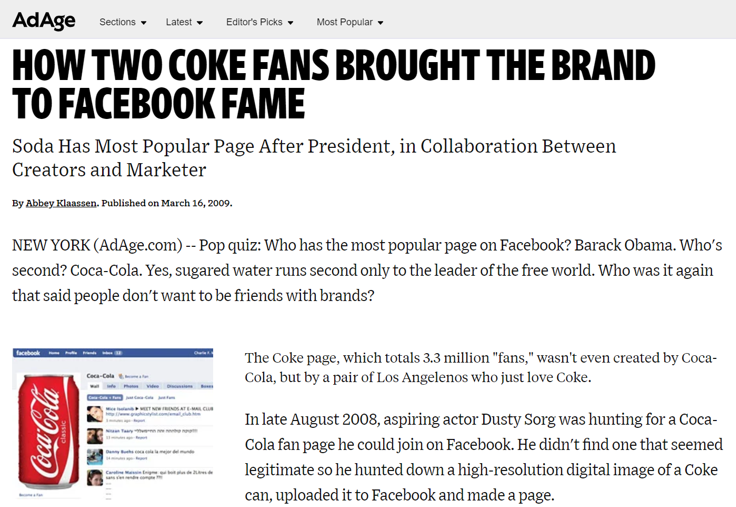
Exhibit 19.2 Coca-Cola’s Facebook page, which was the second most popular page
on Facebook, was started by Dusty Sorg and Michael Jedrzejewski, two Coca-Cola enthusiasts,
and not The Coca-Cola Company.
In cyberspace, people not only listen, they talk. As
they converse with each other about their interests and about products, they play a role in the marketing of brands.
Take Take Coca-Cola, for instance. Some years back it was estimated that 80% of the brand’s
communication on YouTube was user generated. The brand’s Facebook page (Exhibit 19.2),
which was the second most popular page
on Facebook, had close to 110 million followers in 2022. The Page was started by Dusty Sorg
and Michael Jedrzejewski, two Coca-Cola enthusiasts, and not The Coca-Cola Company.
Interestingly when the fan page base grew to over one million followers, Facebook had
asked Coca Cola to take over the page, as, according to Facebook rules, it should be run by the
company, not fans. Coca Cola instead assigned a team to support Dusty and Michael maintain the site,
and the two creators started working for Coca Cola on a freelance basis.
Coca-Cola is one of many examples of how brands are benefiting from favourable
content created by ordinary people who now have the means and the power to communicate with
large audiences in social networks.
This shift in power from the corporate to the consumer has had a profound impact
on the field of marketing, presenting a plethora of new opportunities and threats. There are now
several new perspectives or priorities to consider, including social listening, social cloisters,
misinformation, co-creation, crowdsourcing and permission marketing.
To harness the power of ordinary people, marketers need to listen and engage with these
consumers, and collaborate with them in ways that channel their affinity for a brand towards creating brand value.